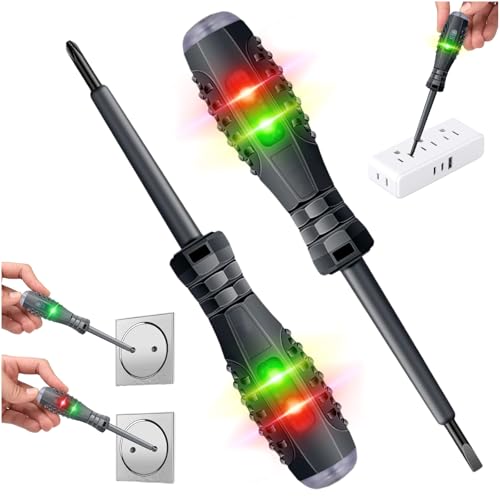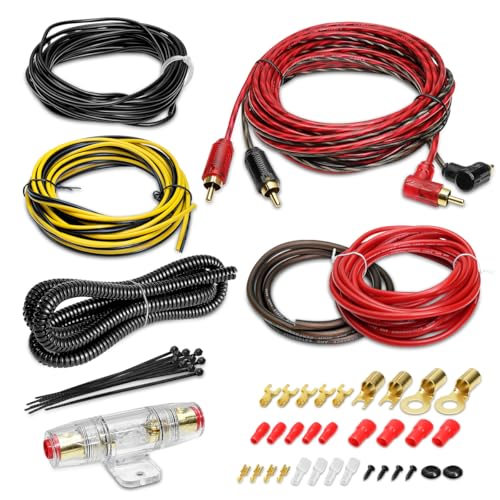Having had a new PV system installed, along with batteries and a diverter to heat water with any excess, I now question the economics of the water heating part.
Heating water with gas costs me about 5.5p a kWh. So every spare kWh I get from the solar PV only saves me that much.
The fee I've managed to get for selling my spare electricity back to the grid is also 5.5p/kWh.
So I don't actually see any advantage to heating water this way. Especially as I don't get any spare power until after the batteries are full, which can be any time of the day from say lunchtime to never, depending on how much sunshine there is and how much we self use.
Currently I'm using the boiler to top up water temperature to 50degC every morning. Then if/when there is excess power, that will take it up to 60degC. On a good day, that's enough to not need the gas boost in the morning. But I still do wonder if there's any point.
Are my sums correct or have I missed something obvious?
































































